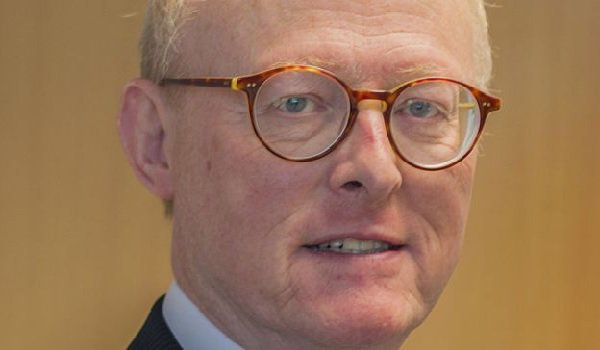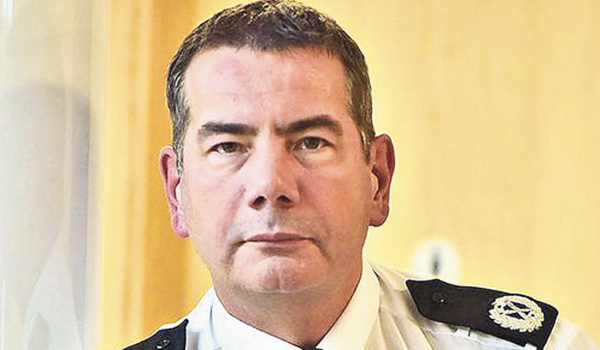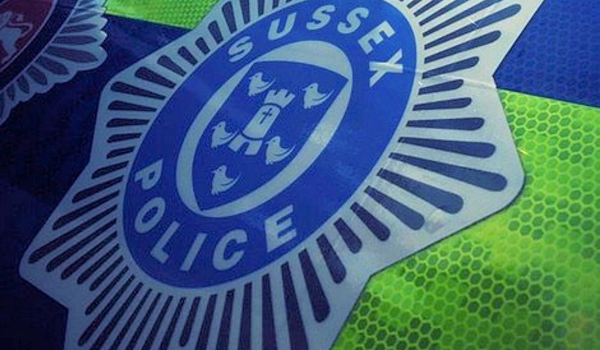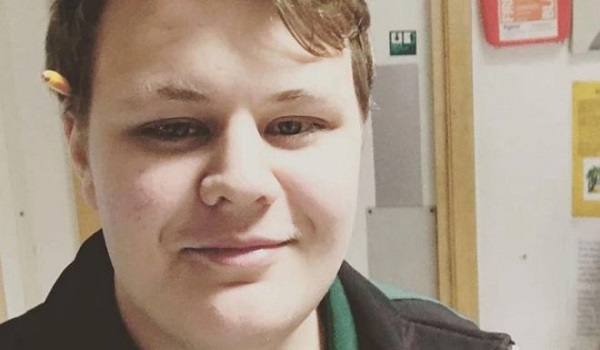Public must accept the risks of failing to fund the police
The police will only be able to provide a better level of protection to the public if the funding they receive is significantly increased, the outgoing Chief Inspector of Constabulary has warned in his final ‘State of Policing’ report.
Sir Tom Winsor, who is stepping down at the end of this month, said the public needs to understand it will have to tolerate a certain level of ‘threat’ to persons and property if additional funds are not forthcoming.
He said: “The police service cannot meet 100 per cent of public expectations for, say, 70 per cent of their efficient cost. The public, through their elected representatives, must decide how much risk and harm they are prepared to accept, and whether they will pay more for higher levels of public safety.”
As part of his wide-ranging findings, Sir Tom also warned that if police continue to use 20th century methods to try to cope with 21st century technology “they will continue to fall further and further behind”.
Sir Tom also said the fragile architecture of the 43-force model, born in 1962, is not fit for purpose. He reiterated his proposal for a network code, which would dissolve the barriers preventing policing and law enforcement from operating as a single system and secure fair, reliable and sustainable decisions on regional and nation-wide problems.
His report draws attention to:
- The material and unjustified load placed on the police by the chronically insufficient public provision of treatment of mental ill health, especially in the case of children and adolescents;
- The need for proactive as well as reactive policing to protect the silent, the fearful and the weak;
- The poor state of the criminal justice system, its delays and stresses, and the critical importance of its efficient functioning;
- The state of the system of local police accountability and the sometimes brittle and fragile relationships between chief constables and police and crime commissioners;
- The need for forces and politicians to take fraud far more seriously;
- The need for significant investment in police technology; and
- The need for improved vetting of officers and staff
Sir Tom said: “In the past ten years, the police service has come a long way. Critical advances have been made in several fields of policing, including domestic abuse, child protection, the quality of some investigations, relations with the public and workforce diversity. Police officers and staff have a very great deal of which to be proud.
“But major shortcomings in policing persist, and these need to be addressed. Criminality is often now complex and far more sophisticated, and investigations can take far longer. If the police continue to use 20th-century methods to try to cope with 21st-century technology, they will continue to fall further and further behind.
“One of the most important things the police must do, especially in London, is to rebuild public trust, which has recently been damaged. Public confidence in the police is more than precious, it is essential.
“As I reflect on the past decade in policing, I commend the courage and commitment of police officers and staff across the country. The severity of the problems that our police service now faces should not be underestimated, but the public should be reassured by the strong, pragmatic and professional approach of police officers and staff.
“They should stand in admiration of their fortitude and bravery in facing sometimes mortal danger and the worst things which happen to people and which people do to others.
“The public can and must trust the police.”
Responding to the publication, Marc Jones, chair of the Association of Police and Crime Commissioners said: “The report highlights the complex environment that policing operates in and recognises the fact that, over the last two years during the pandemic, policing faced extraordinary new challenges in keeping the pubic safe. On behalf of all PCCs and wider policing governance bodies I want to commend the courage and commitment of all our police officers and staff who have showed extraordinary bravery and resilience on behalf of us all.
“PCCs are working tirelessly, alongside chief constables and partners, to cut crime and keep our communities safe. We recognise that public trust and confidence in policing is fundamental and something that should never be taken for granted. As the democratically elected people’s voice in policing, we know that there is more work to be done to ensure that all of our communities retain confidence in our police. We are working closely with our communities and with police leaders to achieve this.
“The report also highlights the central purpose of the police is the prevention of crime. PCCs are investing in early intervention and prevention services in their local communities and leading local partnerships as part of a whole system approach, working to address the root causes of crime including investing in local support programmes for children and young people to help them out of crime and victimisation into positive activities in their communities.
“We welcome the recognition in the report that PCCs play a significant role in bringing the different parts of the criminal justice system together at a local level to improve outcomes for victims and the public. PCCs put victims at the heart of the criminal justice system. We have always said that with further levers, PCCs can play a more integral role in improving the criminal justice system for victims and the wider public. We welcomed the recommendations this week in the Home Office PCC Review part Two to do exactly that and will be working with ministers and partners to take this forward.”







